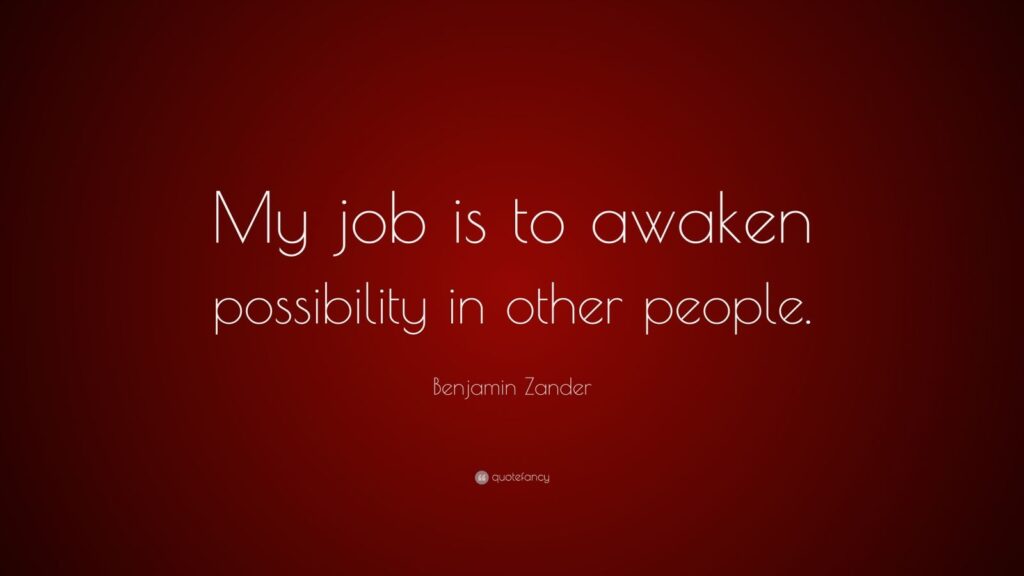06 Aug The Transformative Power of Music

By Elliott Potter
Music has influenced personal transformation for centuries, even millennia. The evidence has been heard in churches and bars, in concert halls and cheap headsets, in jetliners and automobiles.
Sometimes the transformation inspired by song is revolutionary; just as often, it is evolutionary.
The connections between music and personal transformation remain largely a mystery. Does the music come before the transition or after? Is it the spark that ignites, or is it the fuel for the fires that burn within us?
What is certain: The connection is as real as the heart-tugging strains of “Amazing Grace” and “I’m So Lonesome I Could Cry.” The relationship between music and transformation jumps off the big screen through songs such as “Shallow” from “A Star is Born,” and it comes alive on the dance floor when the deejay spins Whitney Houston’s “I Wanna Dance with Somebody.”
Music is standard in marking life’s milestones. The drumbeats around a tribal fire set a ceremonial mood. Songs we play at weddings are picked to inspire shared experience of years to come; the ones at funerals reflect on lives and days gone by. Some people remember the song that was playing during a first kiss; for extended romantic moments, maybe it was an entire album, or a box set.
Songs on recordings are called tracks for good reason. Their imprints are left all over our brains.
Like grooves for the turntable needle on vinyl, music guides us and keeps us moving. People often use music to establish their everyday moods. That determination can be totally random – the first song playing on Sirius XM when you crank the car – or it can be hand-picked from a carefully crafted Spotify playlist.
A single artist can send us off in any number of directions. When we punch up Bob Seger and hear “Against the Wind,” we steel ourselves for the challenges of the day; if it’s Seger and “Night Moves,” we feel a little frisky.
While the role of music in our lifetime memories and everyday moods is frequent and pronounced, the impact on personal transformation is even more significant. Sometimes people find their motivation in a song; if they do, they often play it over and over again. (For others’ sake, perhaps they are traveling alone.)
Sometimes, the transformative spirit is moved by an entire album. A musician friend of mine once recalled that he listened to a single CD on repeat for the duration of a 12-hour road trip from North Carolina to Florida.
The lyrical elixir can be found just as often in a snippet. I remember listening to Roseanne Cash’s “Runaway Train” about ten thousand times during one transitional time in my life. I can still hear the line, “To try and get off now, it’s about as insane, as those who wave lanterns at runaway trains.” That timeframe saw me about as close as I ever came to understanding insanity.
Few songs capture the essence of personal transformation better than Lady Gaga’s “Shallow.” Right from the top, it sounds a call for change: “Are you happy in this modern world? Or do you need more? Is there something else you’re searching for?”
For me, the most notable soundtrack for personal transformation was Jason Isbell’s 2013 iconic “Southeastern.”
That album was well-received as a reflection of Isbell’s own recovery from substance abuse and search for true love. Perhaps it was timing – maybe Isbell’s Southern roots, maybe his musical genius – but “Southeastern” kept my thoughts spinning for months, even years; in a positive way, I might add. It helped in understanding my own recovery – what it was and, just as importantly, what it wasn’t.
In the song “Cover Me Up,” Isbell offered a reminder that the answers found in sobriety can surprise: “And the old lovers sing, ‘I thought it’d be me who helped him get home.’ But home was a dream, one I’d never seen, till you came along.”
For me, the message was not the “who,” but the “why.” Songs and their roles in personal transformation are played out one listener at a time.
Does the secret of transformative music lie in an ability to lead us to our true selves? Benjamin Zander, conductor of the Boston Philharmonic Orchestra, thinks so.
For more HERStory information, join our private Facebook group and follow us on Facebook, Twitter, Instagram and LinkedIn. Never miss a new HERStory, subscribe to the monthly newsletter.
We want to hear your story. Your story is my story. Help us empower other women by sharing your story.

Elliott Potter is retired from the newspaper business and now works as a freelance writer and communications consultant based in Jacksonville in southeastern North Carolina.

No Comments